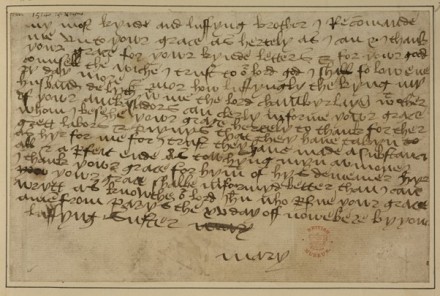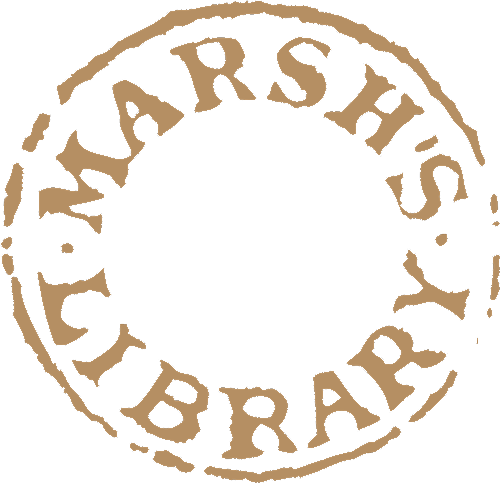A hybrid symposium at University College Dublin, Ireland
29 and 30 May 2024
Organisers: Dr Helen Newsome-Chandler and Professor Danielle Clarke
KEYNOTE SPEAKER:
Dr Alison Wiggins, University of Glasgow
DRAFT PROGRAMME (2/4/24) All times are Irish Standard Time (GMT +1)
WEDNESDAY 29th MAY 2024
12-12.45pm LUNCH AND REGISTRATION
12.45-1pm – Welcome
1-2pm Opening Keynote: ‘What is a digitised letter?’ Dr Alison Wiggins, University of Glasgow
2-3pm: Panel 1: Epistolary Materiality: Transmission and Enclosures
‘Hiding the Materiality of Letters: The Carriage and Concealment of Secret Correspondence in Sixteenth-Century France’, Penny Roberts, University of Warwick (Online)
‘Katharine Basset: Letter-Writing and Gift-Giving’, Valerie Schutte, Independent (Online)
3-3.30pm COFFEE BREAK
3.30-5pm Panel 2: Gender and the Materiality of Letter-Writing
‘“ready folded vp” Locking the Queen’s Letters in the Royal Secretariat, 1581-90’, Clodagh Murphy, Leiden University
‘Attending and Reading Deliberate and Accidental Materiality in the Boyle Women’s Letters’, Ann-Maria Walsh, University College Dublin
‘A Gendered Material Feature? The Spiral Lock in Early Modern Scottish Women’s Letters’, Jade Scott, Independent
5-6pm – DRINKS RECEPTION
End of Day 1
THURSDAY 30th MAY 2024
9.30-10am WELCOME COFFEE
10-11.30am Panel 3: Social Variation and Epistolary Materiality
‘Social Variation in Letterlocking Practices in 17th-century England’, Samuli Kaislaniemi, University of Eastern Finland (Online)
‘Salvage, Ingenuity and Right: The Materiality of English and Welsh Pauper Letter Writing 1830 to 1900s’, Steve King, Nottingham Trent University, Natalie Carter, Surrey Library Service, and Paul Carter, The National Archives
‘Navigating the Materiality of Embossed Letters in the British blind Community, 1840-1890′, Tilly Guthrie, University of Sheffield
11.30am-12pm – COFFEE BREAK
12-1pm Roundtable – The Unique Materiality of Letters in the Prize Papers
Marina Casagrande (Conservator), Maria Cardamone (Photographer), and Lucas Haasis (Historian), University of Oldenburg and The National Archives
1-2pm LUNCH
2-3.30pm Panel 6: Preserving and Editing Epistolary Materiality
‘Materiality and Accidental Preservation of the Correspondence in Thomas Plume’s Manuscript Collection’, Helen Kemp, Thomas Plume’s Library and The University of Essex
‘The Materiality of Early Modern Business Letters’, Siobhan Talbott, Keele University
‘A Bit One-Sided: Piecing Together a Story from Letters Received’, Elaine Treharne, Stanford University (Online)
3.30-4pm COFFEE BREAK
4-5pm Practical Workshop – Unlocking the Materiality of Early Tudor Queens’ Correspondence
Helen Newsome-Chandler, University College Dublin
5-5.15pm – Closing Remarks











